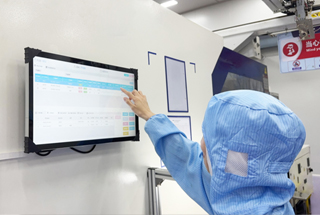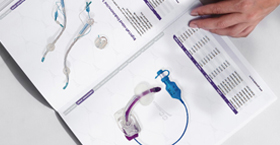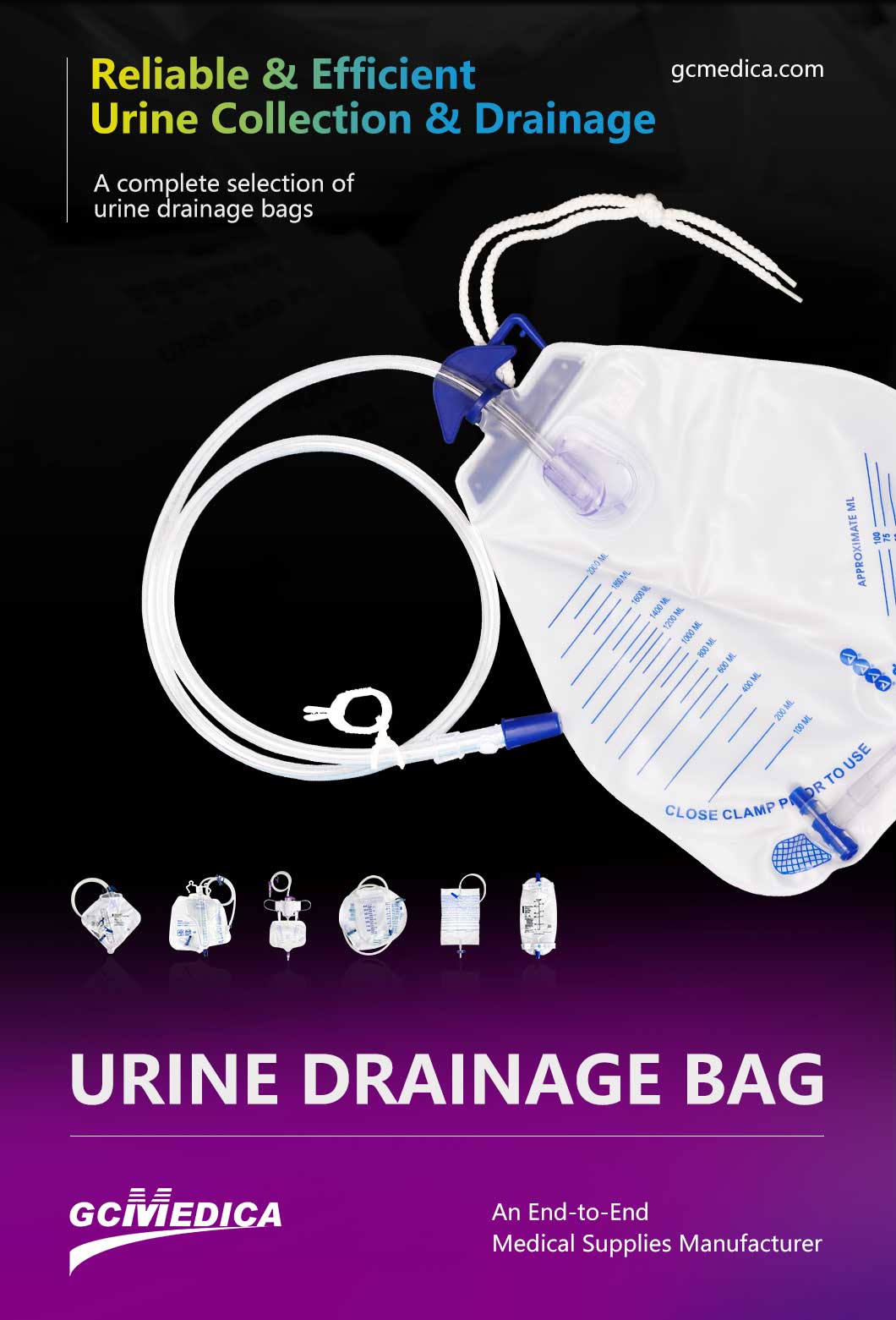A Foley drainage bag with urometer is a specialized urinary collection device designed to accurately measure and record urine output in patients with indwelling Foley catheters. Unlike a standard collection bag, the integrated urometer—typically a small, graduated cylinder attached near the inlet—allows clinicians to read hourly urine volumes without disconnecting the system, minimizing infection risk. Constructed from medical‑grade PVC or polyurethane, the bag is lightweight, transparent, and collapsible, ensuring patient comfort and ease of handling. The urometer cylinder usually has graduations in 10 mL increments up to 200 mL, enabling precise monitoring during critical care, post‑operative recovery, or fluid balance assessment. A one‑way valve at the base of the urometer prevents back‑flow into the catheter, while a hang hook and anti‑kink tubing promote proper drainage and positioning. Overall, this design streamlines workflow, enhances patient safety, and supports accurate fluid management.
Key components include the main collection reservoir (500–2,000 mL capacity), a graduated urometer chamber, connecting tubing (150–200 cm length), and a drainage port with a secure clamp. The material is latex‑free to reduce allergy risk, and the bag is often supplied sterile and individually wrapped. Many models feature a clear “view window” around the urometer for unobstructed readings and a color‑coded clamp to differentiate between urometer discharge and main bag drainage. The drop‑lock supports consistent fluid flow, while an anti‑reflux valve ensures one‑way drainage. Clinically, the urometer bag assists in accurate documentation of hourly outputs, which is crucial for managing patients with renal insufficiency, heart failure, or those receiving diuretic therapy. It also reduces nursing time by eliminating the need to transfer urine from the main bag into a separate measuring container.
In practice, the Foley catheter is connected directly to the urometer inlet. As urine passes through, it fills the graduated chamber first; once the urometer reaches capacity, excess fluid spills into the larger reservoir. At designated intervals, the clinician opens the urometer drain valve to empty measured volumes into the main bag, records the output, then recloses the valve. This cycle preserves a closed system, lowering the risk of catheter‑associated urinary tract infections (CAUTIs). With its combination of precise measurement, safety features, and user‑friendly design, the Foley drainage bag with urometer is an indispensable tool in modern urological and critical care settings.
| Feature | Specification | Clinical Benefit |
|---|---|---|
| Main Bag Capacity | 1,000 mL (standard) | Handles large volume without frequent emptying |
| Urometer Graduations | 0–200 mL in 10 mL increments | Enables precise hourly monitoring |
| Material | Medical‑grade PVC, latex‑free | Transparent, hypoallergenic, durable |
| Tubing Length | 150–200 cm | Allows bedside placement; reduces tubing tension |
| Anti‑Reflux Valve | Integrated at urometer base | Prevents back‑flow, lowers infection risk |
| Drainage Clamp | Color‑coded, clamp‑style | Quick, secure control during measurement |
| Hang Hook | Reinforced plastic | Stable attachment to bed or trolley |
| Sterility | Individually sterile‑packed | Ready for immediate use; reduces contamination |
This combination of thoughtful engineering and infection‑control features makes the Foley drainage bag with urometer a preferred choice for accurate, safe urinary output monitoring in a wide range of clinical scenarios.
| Learn more about urine drainage bags > |


 Français
Français Español
Español Products
Products

 About Us
About Us












